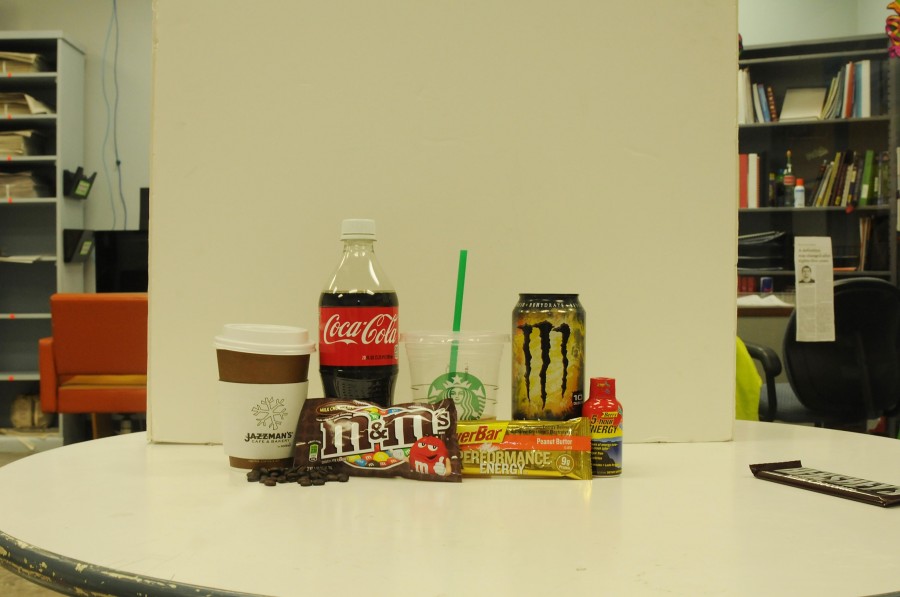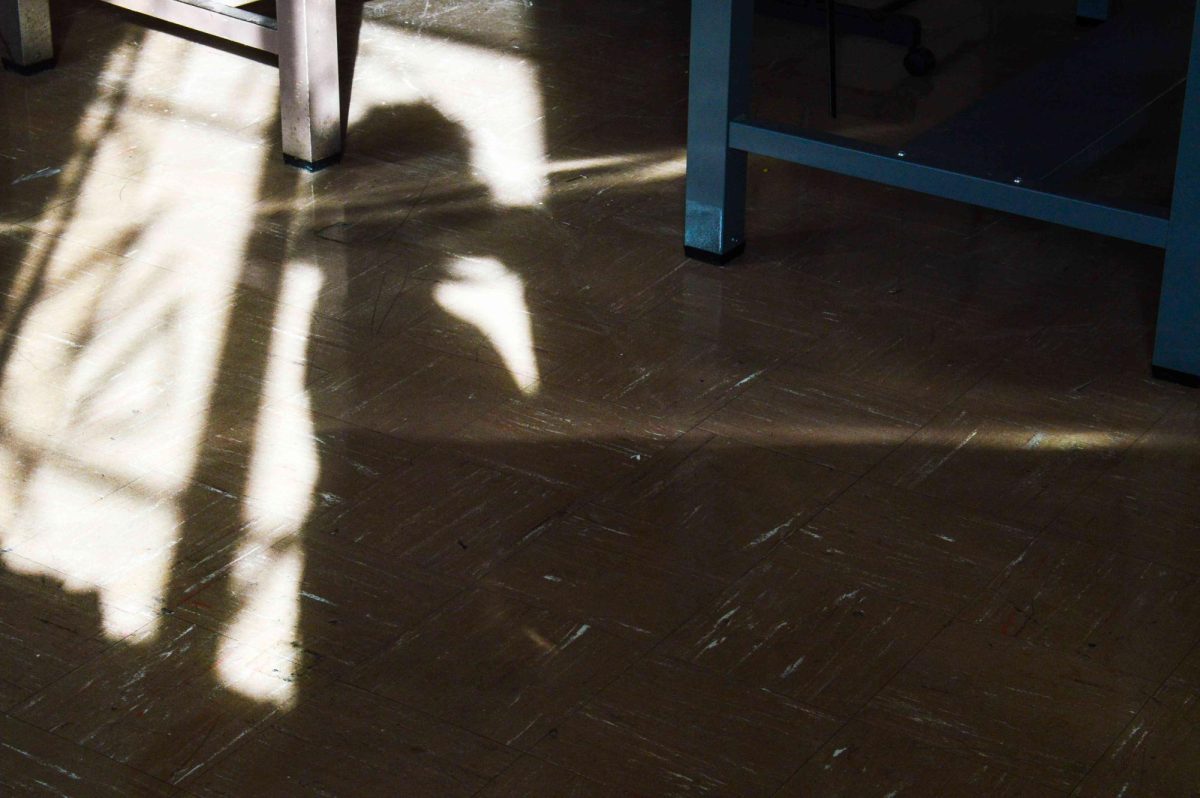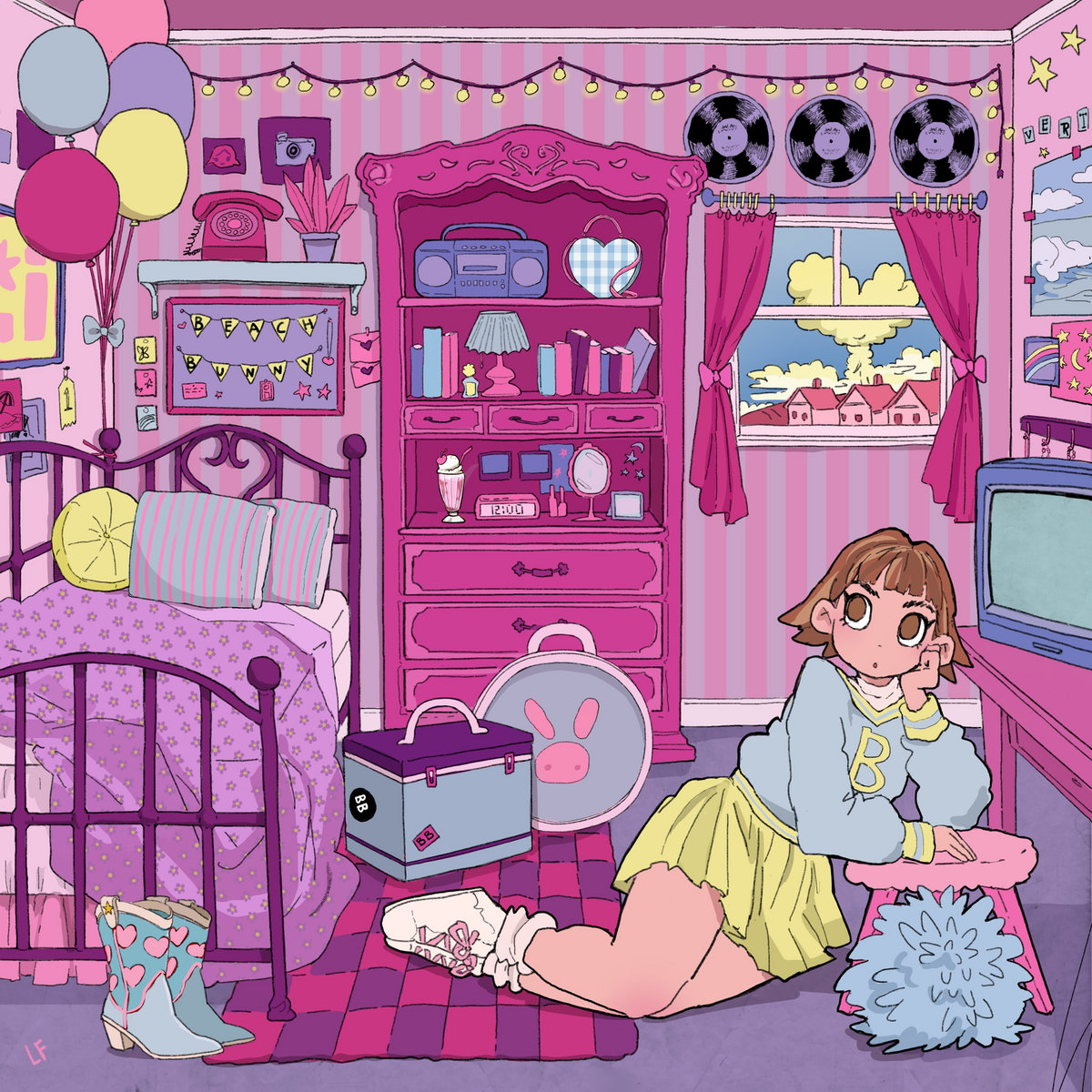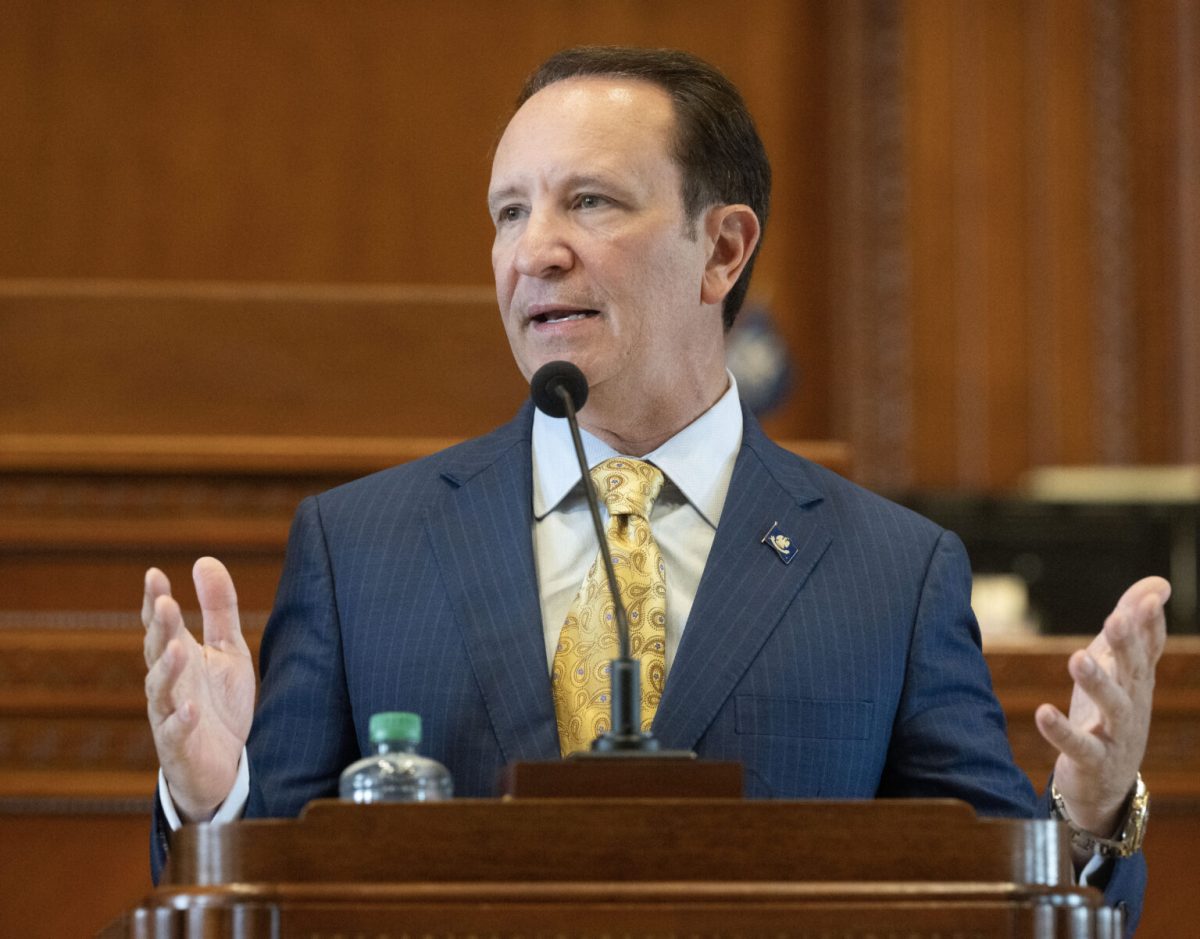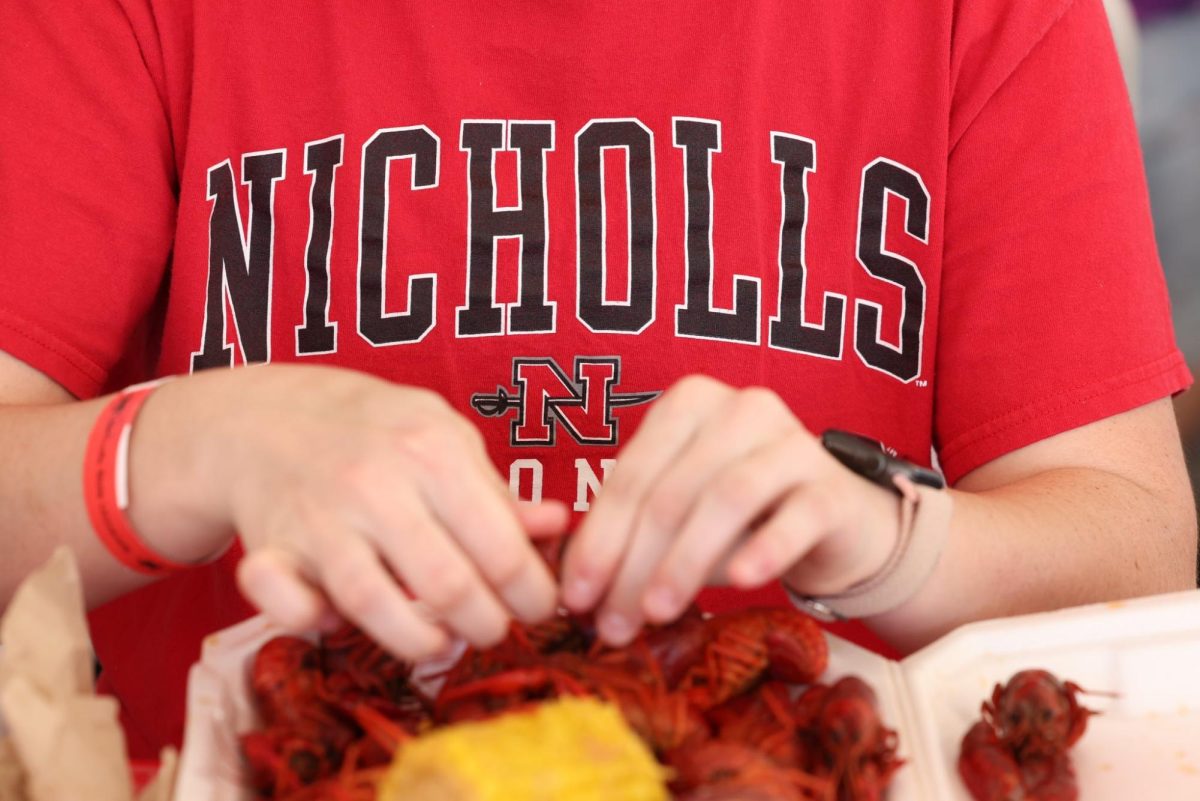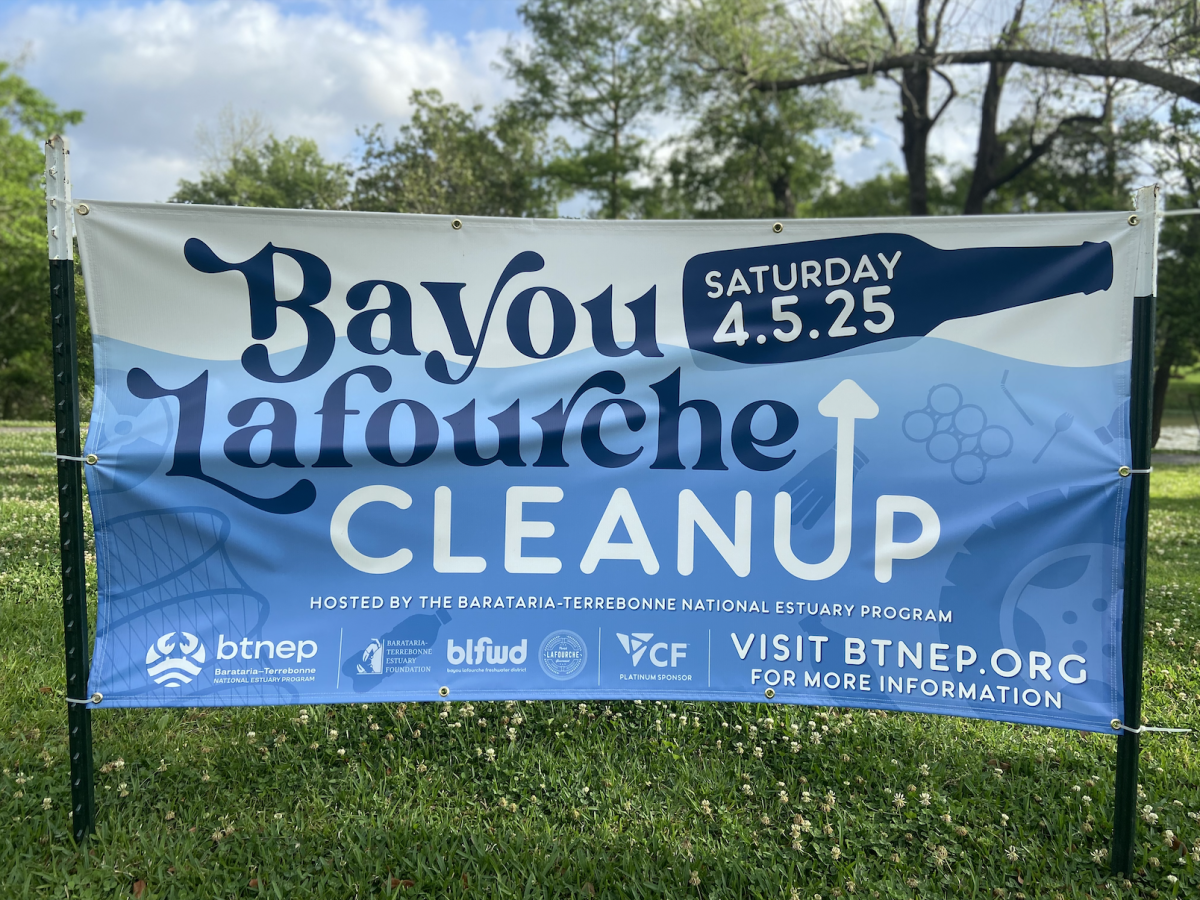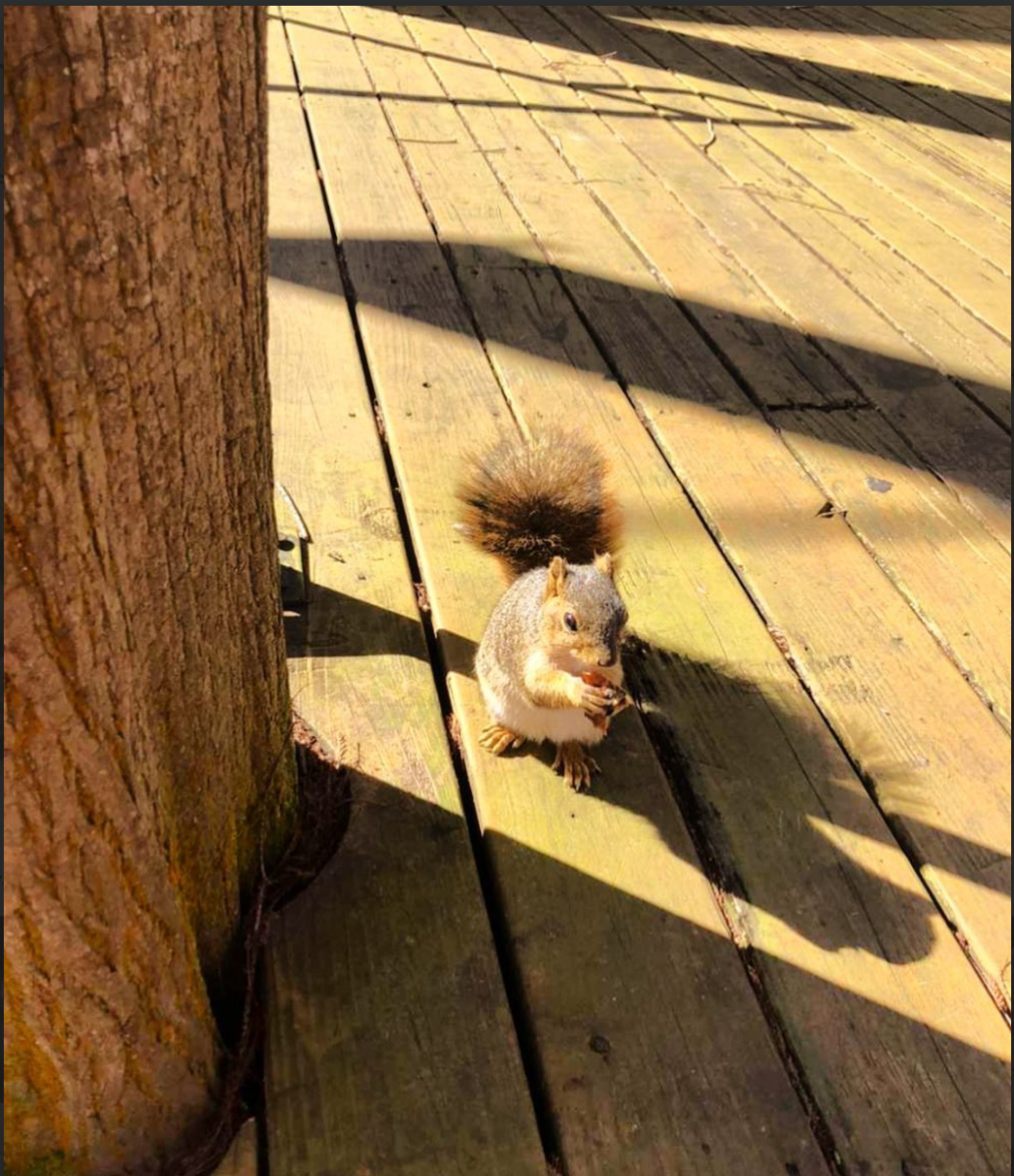In a world where productivity is a main concern, many people turn to caffeine to combat drowsiness.
Caffeine is a stimulant that speeds up the central nervous system. Caffeine occurs naturally in products such as coffee, tea, soft drinks and chocolate. Energy drinks may contain both naturally occurring and added caffeine. Caffeine can also be found in a variety of prescription or over-the-counter medications.
Students gave several reasons for using products containing caffeine, including to wake up, as part of a daily routine, or because they enjoy the taste.
According to a study entitled “A survey of energy drink consumption patterns among college students” published in the Nutrition Journal, females are more likely to consume energy drinks than males, and females are more likely to consume sugar-free products.
Zachary Marcotte, Jazzman’s barista, said he does not drink coffee every day, but he has some form of caffeine every morning.
“It gets the day going,” Marcotte said.
Rekeisha Triggs, education sophomore from Patterson, said she drinks coffee at home every other day as part of her routine.
“I do not drink enough to experience the side effects,” Triggs said.
Numerous studies have been done in relation to the positive and negative effects of caffeine.
Although caffeine can stimulate the brain and postpone fatigue, too much caffeine can reduce fine motor coordination. Possible negative side effects of caffeine include dizziness, trembling, headaches, irritability, anxiety and other health risks.
Marcotte explained that although he has caffeine every day, he only experiences negative side effects when he has too much.
“I get shaky and hyper,” Marcotte said.
John Battaglia, pharmacy manager at Rite Aid, said that caffeine should not replace sleep. Caffeine can also increase high blood pressure and problems associated with it.
“If you consume excessive amounts of caffeine for a prolonged period of time, you can experience withdrawal symptoms,” Battaglia said. “The effects of the caffeine will vary for each person.”
According to McKinley Health Center in Illinois and Nutrition.com, 300mg of caffeine is a moderate intake. This amount is equivalent to about three cups of coffee, not including mugs or large paper cups.
The amount of caffeine is directly related to the effectiveness. Brewed coffee contains 40mg to 180mg of caffeine per cup. Instant coffee contains 30 to 120mg, and decaffeinated coffee contains 3mg to 5mg. White tea contains about 25mg, green tea contains about 35mg, and black tea contains about 65mg.
Leading energy drinks contain about twice as much caffeine as a typical caffeinated soda beverage, but caffeine content varies for each specific product.
A Monster energy drink contains 70mg in an 8oz can but is also sold in 12, 16, 24 and 32oz. Red Bull contains 80mg, and Rockstar contains 90mg per 8 fl oz. The original 5-hour Energy contains 138mg per serving of caffeine and a Crystal Light Energy Drink Mix contains 60mg. Coca Cola and other soft drinks contain between 36mg to 90mg per 12oz serving.
Chocolate and certain medicines also contain caffeine in different amounts. Consumers can find out these amounts by checking the products’ labels.
A main concern about caffeine consumption, however, is about the pairing of energy drinks and alcohol, a trend amongst college students.
Dr. Amelia Arria, director of the Center on Young Adult Health and Development at the University of Maryland School of Public Health, studied the affects of energy drinks combined with alcohol and has found a link between energy drink consumption and alcohol dependence in a study published this month.
According to WedMD.com, college students who mix alcohol with energy drinks are three times more likely to leave a bar intoxicated and four times more likely to drive drunk.
Some students consume caffeine with alcohol with the belief that the caffeine will increase sobriety, but though caffeine does increase alertness, it does not cancel the effects of alcohol.
Despite these concerns, caffeine has also been shown to have positive effects. One product known to help prevent Type 2 diabetes, protect against cirrhosis of the liver and liver cancer, increase effectiveness of painkillers, and improve short-term recall and reaction rate is coffee.
Caffeinated teas have been linked with positive effects that promote weight loss, boost the immune system and lower the risk of cancer, heart attack, osteoporosis, Parkinson’s disease and Alzheimer’s disease.
Students appear to be focused on the alertness side effect of caffeine, however.
There are other natural methods that do not have negative side effects that can keep the body and mind awake. eHow Health gives suggestions on the best ways to fight fatigue.
Students can fight drowsiness by drinking plenty of water to replenish the hydration lost in sleep. Dehydration causes drowsiness.
Movement, study breaks and participating in class may keep the mind alert. Those prone to sleepiness should avoid a full stomach because digestion spends the body’s energy.
Bright light, posture and environment also make a difference.



